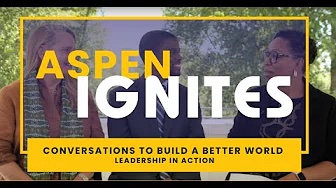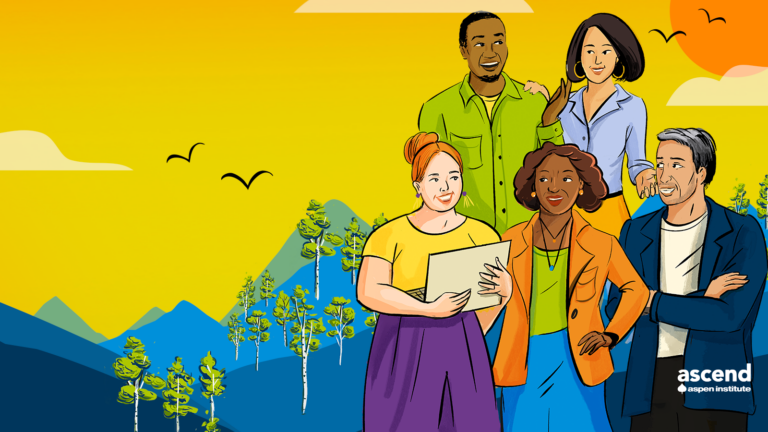A Montessori Model for Two Generations
A major strategy of Ascend is to elevate two-generation programs, which provide opportunities for and meet the needs of vulnerable children and their parents together. Ascend has a growing database of more than 100 promising programs. We conduct regular outreach to program leaders to determine how they reach children and their parents simultaneously.
Recently, I spoke with Linda Hansell, the Director of Program and Resource Development at Crossway Community, Inc. in Kensington, Maryland. Crossway Community is a nonprofit organization offering an integrated, evidence-based approach to reducing poverty and creating social change. Specifically, they provide mothers and children with the skills to be successful. Their collaborative initiatives include the Family Leadership Academy, the Crossway Montessori Programs, and the Community Lifelong Learning Center. Families have the opportunity to stay for up to five years in the program’s 37 apartments, based on their progress toward completing their education and obtaining a living-wage job. The adult education program offered to residents provides education and career development; financial literacy; social and family development; and practical life skills.
In addition to the adult curriculum, children are enrolled in Crossway’s Montessori School. The Montessori model, grounded in Maria Montessori’s theory of human development, cultivates creativity and learning for children three months to age six. Crossway takes the theoretical implications of that Montessori education and incorporates them into apartment living to facilitate a calm environment for families. Furnished items in the apartment are strategically placed, so it appears uncluttered. Their mantra: external order promotes internal order. Their all-inclusive approach to serving low-income single mothers and their children fosters community along with family growth and development.
“Mothers are very interested in their children’s education and want to see them succeed and for them to have what they didn’t have,” says Linda. She believes one of the biggest opportunities for moving families toward opportunity is education coupled with skill building to help families navigate financial and social challenges. Crossway helps parents understand that they have agency to be a good parent to their children. Crossway offers classes to support healthy parent development through their community lifelong learning center. Linda highlights the importance of engaging extended relatives in a family’s efforts to achieve security, tapping the social capital of enrolled families. “The idea began based on Murray Bowen’s family systems,” says Linda. “If someone is having a problem, you treat the family and not just the individual.” This approach incorporates the grandparents, aunts, and other relatives as “Family Support Individuals” by integrating them into workshops that emphasize sustaining a solid family structure.
One of the final thoughts that Linda left me with has been ringing in my ears. Working with low-income children and their mothers is complex: there is a multiplicity of issues that extend beyond mere economic pressures. Crossway Community is one promising program that recognizes the multi-faceted nature of reshaping the lives of low-income children and their parents.
Related Posts



